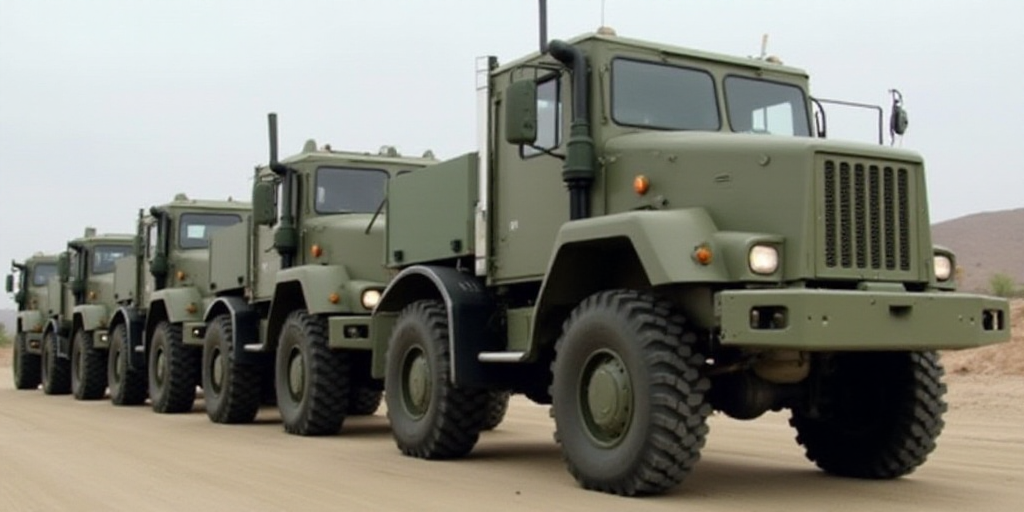Introduction
The Mexican state of Jalisco, located in western Mexico and home to one of the country’s most powerful drug cartels, has begun using Tesla Cybertrucks to bolster its efforts against organized crime. Authorities announced the deployment on Thursday.
Background on Jalisco and its Cartel
Jalisco is a significant state in Mexico, known for its vibrant culture and economic importance. However, it has also become a hotbed for criminal activity due to the presence of the Jalisco New Generation Cartel (CJNG), one of Mexico’s most powerful and violent drug trafficking organizations. The CJNG has been involved in various illicit activities, including drug trafficking, extortion, and kidnapping, making Jalisco one of Mexico’s most dangerous regions.
Tesla Cybertrucks: A Symbol of Innovation and Strength
Tesla, an American electric vehicle and clean energy company, has gained global recognition for its cutting-edge technology and commitment to sustainability. The Cybertruck, an all-electric pickup truck, represents Tesla’s innovative spirit and robust design. By deploying these vehicles, the Jalisco state government aims to project an image of strength and modernity in its fight against organized crime.
Impact of Cybertruck Deployment
- Enhanced Security: The Cybertrucks will provide a more secure and reliable mode of transportation for law enforcement officers, enabling them to respond swiftly and safely to incidents in the region.
- Symbol of Determination: The use of these high-tech, eco-friendly vehicles sends a clear message to cartels that the state is committed to modernizing its approach to combating crime.
- Promoting Sustainability: By choosing electric vehicles, Jalisco demonstrates its dedication to reducing carbon emissions and promoting clean energy solutions.
Challenges and Considerations
While the deployment of Cybertrucks is a bold move, it is essential to acknowledge potential challenges. These include:
- Infrastructure Limitations: Mexico’s charging infrastructure may not be adequately developed to support the widespread use of electric vehicles, potentially causing logistical issues.
- Cost and Maintenance: Electric vehicles can be more expensive to purchase and maintain than traditional gasoline-powered vehicles, which could strain the state’s budget.
- Cartel Adaptation: Cartels may adapt their tactics in response to this new development, potentially leading to increased violence or targeted attacks on law enforcement.
Key Questions and Answers
- What is the Jalisco New Generation Cartel (CJNG)? The CJNG is one of Mexico’s most powerful and violent drug trafficking organizations, involved in various illicit activities such as drug trafficking, extortion, and kidnapping.
- Why are Cybertrucks being used in Jalisco? The state of Jalisco is deploying Tesla Cybertrucks to enhance security, project an image of determination against cartels, and promote sustainability in law enforcement operations.
- What challenges might arise from this deployment? Potential challenges include infrastructure limitations for charging electric vehicles, increased costs and maintenance, and possible adaptations by cartels in response to this new development.
Conclusion
The deployment of Tesla Cybertrucks in Jalisco represents a significant step in the state’s fight against organized crime. By leveraging cutting-edge technology and promoting sustainability, the Jalisco government aims to modernize its approach to security. However, it is crucial to consider the potential challenges and adapt accordingly to ensure the successful integration of these vehicles in combating crime.






